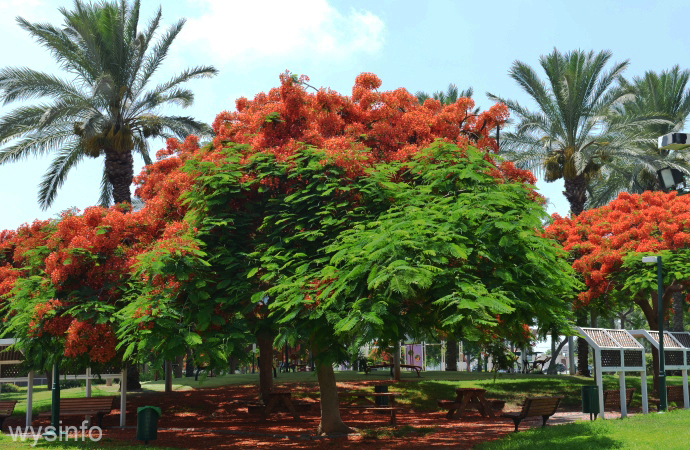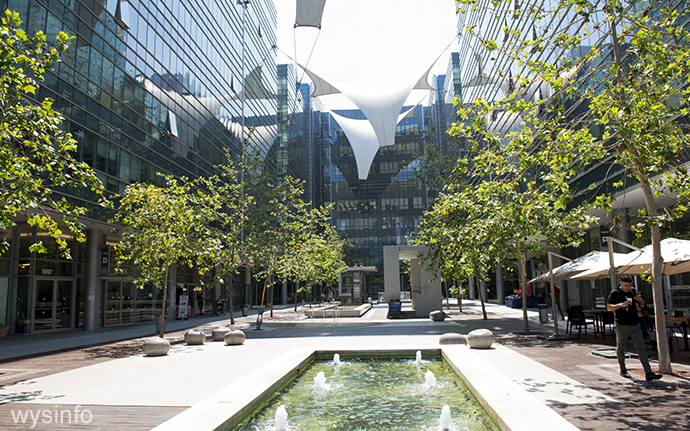‘La komida la manyana’ is a traditional Ladino (Judeo-Spanish) song
This video is part of the ‘All the World is a Stage’ project, initiated by Wysinfo in order to encourage international cooperation through culture.
To watch other performances that are part of this project, follow this link
Wysinfo – ‘All the World is a Stage Project’ Front Page.
La komida la manyana – Traditional Ladino (Judeo-Spanish) song performed by Dr. Judith Cohen, Yayoi Okaniwa and Tamar Ilana
Excerpt from the Song (Ladino and English Translation)
La komida la manyana... English translation from http://triosefardi.com/cds/layave/la-komida-la-manyana/ Ladino (Judeo-Spanish) English
La komida la manyana
La tadre la traigo atras
Ke lo sepa la mi madre
Ke yo kero t’espozar.
Una hora en la ventana
Otra ora en el balkón
Ke lo sepa la mi madre
Ke yo tengo mucho amor.
No se burle la mi madre
No se burle del amor
Elya kuando era moza
Hizo amor kon mi sinyor
Yo lo hize la mi hija
Yo lo hize kun l’amor
No son komo loz de agora
Ke deshan kun la dolor.
The meal in the morning,
The afternoon I bring it back.
My mother knows
That I want to marry.
An hour by the window
Another hour on the balcony;
My mother knows
That I have much love (to give).
Don’t make fun, mother
Don’t make fun of love
When you were a girl
You made love with my father!
I did it, my daughter,
I did it with love;
Not like those of today
Who leave you with sorrow.
About the song
‘La komida la manyana’ is a traditional Ladino (Judeo-Spanish) song in the form of a dialogue between a mother and daughter, about being in love. Its melody is based on a Black Sea tune associated with Turkish, Greek, Laz and Armenian music.
About the author
Anonymous: Traditional Turkish Ladino (Judeo-Spanish) song
Ladino or Judeo-Spanish, known by several other names in different Sephardic contexts, came to be the diaspora language of the Jews descended from the Iberian Peninsula and islands.
Based on the languages they spoke before being expelled in 1492 (Spain) and 1497 (Portugal), especially Castilian, Ladino was used in pre-expulsion Spain as a written language, especially for the translation of religious texts in Hebrew, and included some Hebrew words. Over the years in the diaspora, it also developed as a spoken vernacular, and acquired vocabulary from host cultures.
About the performers
Dr. Judith R. Cohen is a performer and ethnomusicologist specializing in Judeo-Spanish (“Ladino”) Sephardic songs, as well as in medieval and traditional music, including Balkan, Portuguese, Yiddish, and French Canadian, pan-European balladry and songs from Crypto-Jewish regions of the Portuguese-Spanish border. Judith’s performance repertoire and lectures draw on her village field work in several Mediterranean countries and in urban immigrant communities, and on her academic research.
Yayoi Okaniwa is a Japanese Sephardi/Ladino singer and musician. She graduated from the Kunitachi Music College in Tokyo and studied musicology at the Hebrew University of Jerusalem. She performs as a soloist and in numerous vocal and instrumental ensembles of baroque & medieval music as well as traditional Sephardic Jewish music.
Tamar Ilana is a Canadian artist who grew up touring throughout the Mediterranean and North America with her ethnomusicologist mother, Dr. Judith Cohen. By the age of five, Tamar was singing Ladino, Balkan and Medieval music in multiple languages and had already recorded her first album. At eight, she began studying flamenco dance. In 2011, Tamar founded her band, Ventanas, meaning windows in Spanish, reflective of Tamar’s life as a series of windows onto numerous cultures and styles of music, dance and art.
About the location

The video was recorded in the city of Raanana in a private home as part of a home-hosting concept that supports appreciation of cultural activity within a community. This is a growing trend that encourages musical performances in small intimate gatherings.
Raanana is a small city, located in the Sharon area of Israel, just north of Tel Aviv. It was founded in 1922 by a group of New York immigrants. After purchasing the land for a farming venture in 1912, the group from America eventually managed to settle on the land only after the First World War. In the beginning it was an agricultural village and today, it is one of the high tech centers of Israel.
